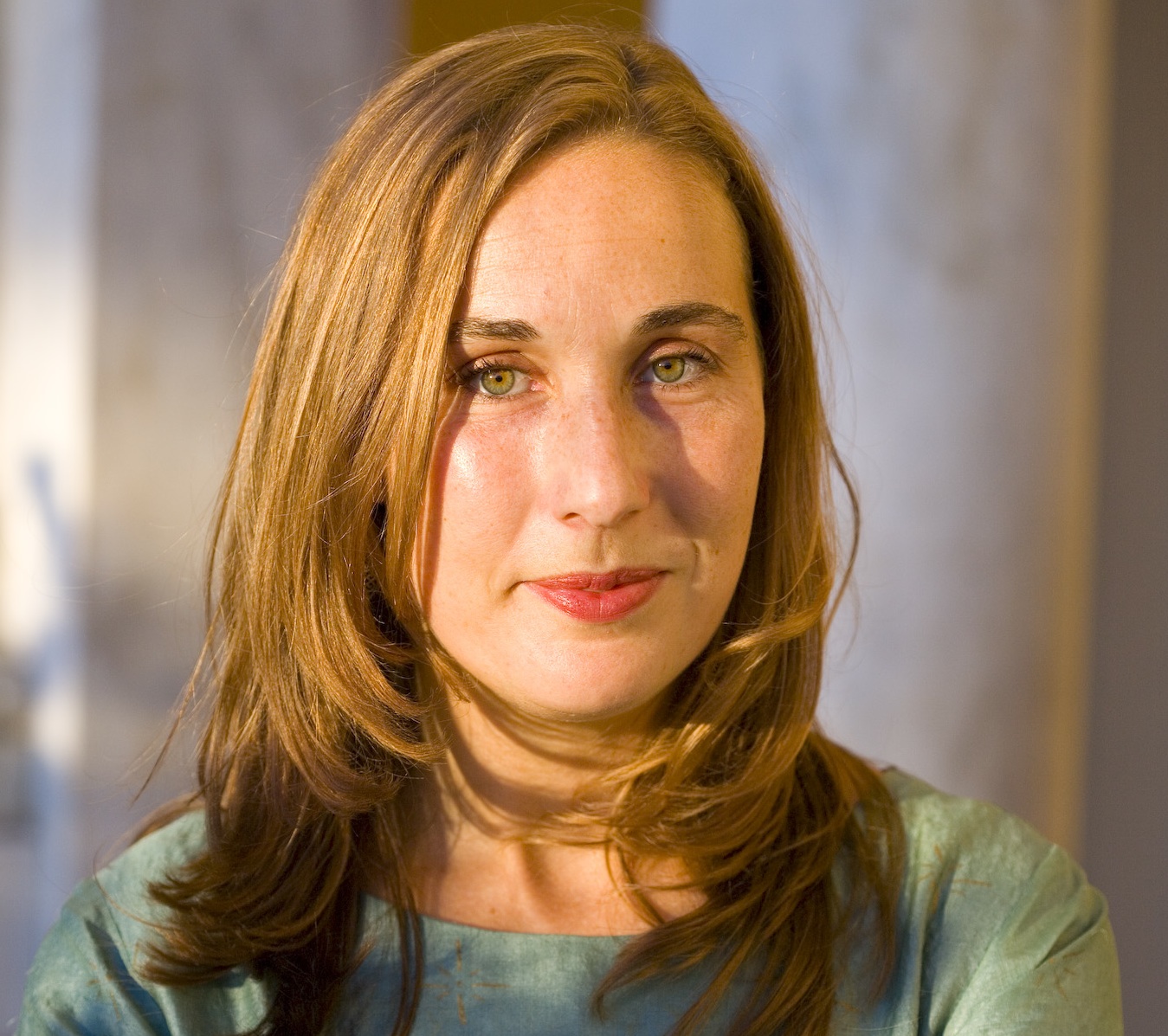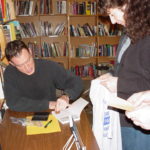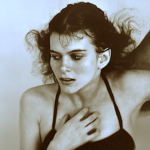Miranda Kennedy’s first book, Sideways on a Scooter: Life and Love in India, was published in 2011. The Daily Beast called it “sharp social commentary” and “a compelling, humorous travel memoir.” The book grew out of Miranda’s five years as a South Asia correspondent for National Public Radio and APM’s Marketplace Radio. Her stories have also appeared in the Washington Post, the Boston Globe, The Nation and Slate. She’s working on a second book, a novel about the British in India.
How did you get started traveling?
Traveling was something we did, in my family. It wasn’t something we thought of as a luxury or an indulgence. That was mostly because my mother’s side of the family lived in Europe, and also because my father was a professor who combined research with pleasure over summers and sabbaticals. Still, as young as I was when I first began traveling, I’d scarcely been outside of the developed world by the time I was in my twenties. So in a way, I only really started traveling when I decided to move to India at age 27. That changed all my assumptions about what it meant to be a stranger in another country, and made me fascinated about discovering Asia.
How did you get started writing?
My dad is a writer, and my parents always encouraged me to write, so I started “publishing” books by the age of 4. My mom would sew the pages together, making it look very official. I admit that I tended to focus on the “About the Author” more than on the “work” itself. But something about it stuck — I wrote for the high school newspaper and started a magazine in college, and tried to figure out ways to make writing practical from a fairly young age. Journalism was the best way I could think of, other than selling my sewed-together books of poems for ten cents each.
What do you consider your first “break” as a writer?
My real first break was actually an unlikely moment — when I was hired by a literary agent in New York after college. At the time, I thought the only thing I’d learned from her was that I didn’t want to be an agent, but actually, she taught me how to read, and that, eventually, helped me learn how to write stories. Whether journalism or not, it is all about stories. But it wasn’t until much later that I realized how much the slush pile of a New York literary agent had taught me about writing.
As a traveler and fact/story gatherer, what is your biggest challenge on the road?
Probably balancing out all the different media I want to work with. I find it extremely difficult, for instance, to report a story for radio and also take notes on the scene for a print piece; let alone take photos, which are necessary in multiple ways, including recalling details of someone’s clothes or hair. Unlike many reporters, I found that the more experience I had in the field, the longer it would take me to report out a story. I think that’s because I became starkly aware of how hard it was to get everything I could out of a situation.
What is your biggest challenge in the research and writing process?
I love doing the research; it’s the writing part that is a challenge for me, much to my shame. I’ll collect and collect and collect, fill notebooks and media cards and whatever else I have, in order to avoid getting started on the writing. But there is often a purpose to all this procrastination, or so I like to tell myself. A certain amount of turning the information around in my head helps me know how to write it, I think, in an unconscious way. By the time I finally sit down to write, the story will often just tumble out, as though I’d subconsciously worked out a structure, as well as some anecdotes to enliven the story.
What is your biggest challenge from a business standpoint? Editors? Finances? Promotion?
As a foreign correspondent, none of these things are an issue, but then, of course, you are beholden to the news. I worked both as a freelancer and also as a full-time employee of a news organization in Asia, and I will say neither is a clear winner. Having to struggle with logistics and finances and getting your name out is not fun, but neither is covering every time India tests its nuclear missile, which is routine and means nothing, and yet you have to come up with a compelling 60 seconds of copy. Reporting on the news is often not creative (although the best reporting is extremely creative), so that is the price you pay for not having to obsess about getting your name out there.
Have you ever done other work to make ends meet?
During the five years I lived in India, I was very luckily protected from having to do other work, because India is not an expensive place to live. But for years I did other things in New York — from answering phones at a literary agency, doing fact-checking at half a dozen magazines, and writing about everything from puppeteers to abortion, if it would pay.
What travel authors or books might you recommend and/or have influenced you?
I like the travel books that come at the genre from a less traditional angle, or rather, that look at travel through a political eye. If I stick to India, I would consider Salman Rushdie and V.S. Naipaul to be the finest travel writers out there.
What advice and/or warnings would you give to someone who is considering going into travel writing?
I’d probably suggest that you not go into travel writing, but rather that you choose a place in the world that fascinates you, learn about it, learn some of the language, and then go there and learn some more. Once you’re there, the stories will probably start coming to you — and they’ll likely be about more than the experience of being a westerner in developing-world traffic. Which is not to say that I haven’t written about being a westerner in developing-world traffic, but I do think that ideally we are contributing more than that.
What is the biggest reward of life as a travel writer?
For me, the bounty of being a foreign journalist/travel writer has always outweighed the negatives. As a journalistic travel writer, I am expected to submerge myself into another world, and I have an excuse to ask lots of prying questions in an effort to understand that world. It’s ideal, really, because I can interact with other people, and I can get to know their inner worlds, without being a crazy person peering into front windows uninvited.





